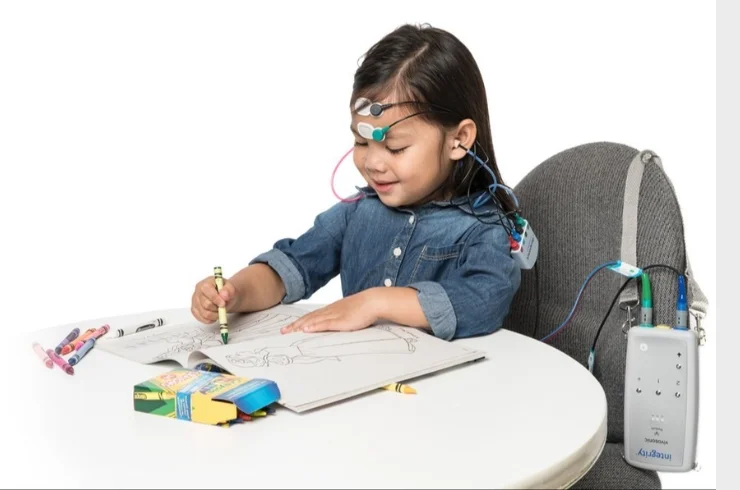
Auditory Brainstem Response (ABR), also known as Brainstem Evoked Response Audiometry (BERA), is an advanced hearing test that evaluates how well the auditory nerve and brainstem respond to sound. This non-invasive and painless test is particularly useful for diagnosing hearing loss in newborns, young children, and individuals who cannot actively participate in traditional hearing tests.
During the test, small electrodes are placed on your head and behind your ears. You will hear a series of clicking sounds or tone bursts through headphones, and the electrodes will record your brain’s electrical activity in response to these sounds. The test does not require any conscious response, making it ideal for infants and people with developmental conditions.
ABR/BERA helps in diagnosing:
ABR/BERA is a highly accurate test that provides valuable insights into hearing function and neurological health. The procedure is completely painless and may take 30 to 60 minutes. In infants and young children, mild sedation may be used to ensure accurate results.
Get in touch with AdiAaru Speech & Hearing Solutions for expert hearing and speech care today!